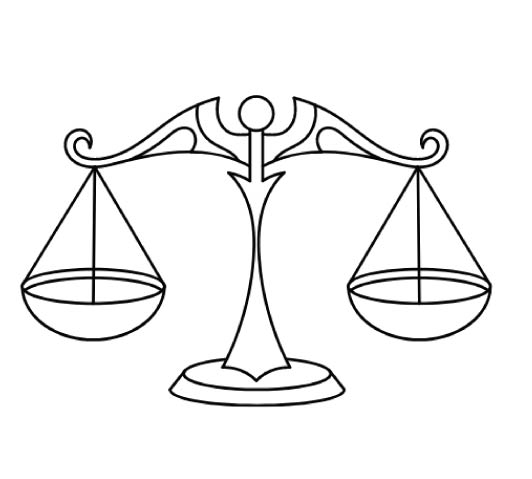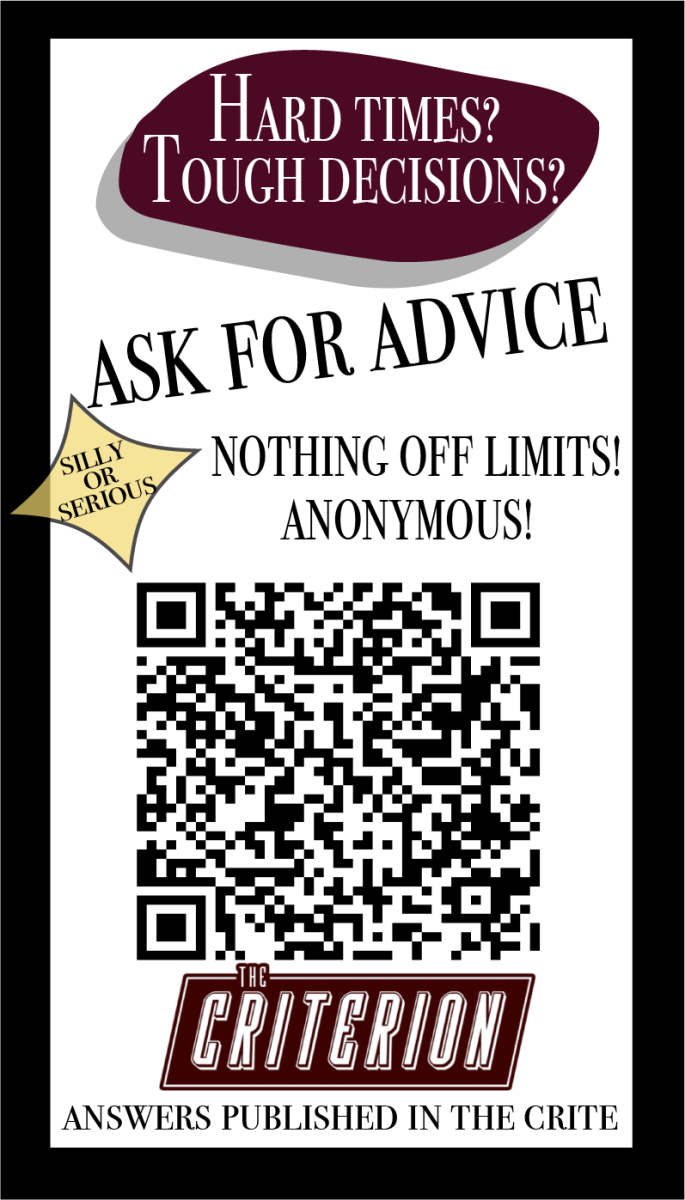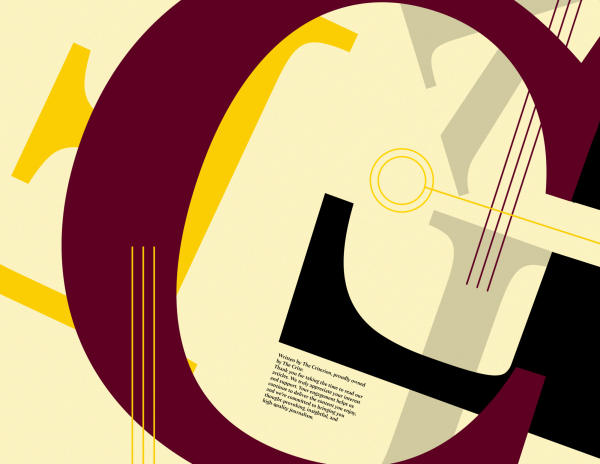Education is a journey of self-discovery, growth and exploration, but the path to being an academic weapon is not always a smooth one.
Effective study techniques are essential to navigate the challenges of higher education. In this era of information overload and constant distractions, mastering the art of studying is needed to unlock your full potential. Here are some tips from someone who has been in school too long.
Prioritize active learning:
Gone are the days of simply reading through textbooks and passively absorbing information. Active learning involves engaging with the material actively, whether through discussion, problem-solving or teaching concepts to those around you. It is also important to highlight where needed and take notes. This approach not only reinforces understanding but also encourages the brain to retain information better.
Create a study schedule:
It is important to give yourself time to understand concepts. Allocate specific times and days for each subject and break down complex topics into manageable study sessions. Remember to have brain foods on hand and set your phone on “Do Not Disturb.” This prevents last-minute cramming and reduces stress during exam periods.
Utilize technology:
Technology is a double-edged sword when it comes to studying. While it offers unprecedented access to information, it also poses significant distractions. Harness technology by using productivity tools, apps and online resources that aid learning. These are best used on a computer or the device you work on, avoiding your phone can be a study life-saver.
Exercise your memory:
The testing effect, also known as retrieval practice, is a great tool for learning retention. Instead of just rereading notes, actively recall information from memory. This could involve self-quizzing, flashcards or summarizing concepts without referring to your materials. The process of retrieval strengthens memory pathways, enhancing your ability to recall information during exams.
Create a productive environment:
Your study environment significantly impacts your focus and productivity. Find a quiet, well-lit space with minimal distractions. Personalize your study area with inspiring quotes, plants or calming music to create a conducive atmosphere for learning.
Self-care matters:
Studying incessantly without breaks leads to burnout and decreased efficiency. Incorporate short, regular breaks during your study sessions to recharge your mind. Engage in physical activity, practice mindfulness or simply step away from your study space to refresh your perspective. Be sure to drink water on your breaks!
Set goals for yourself:
Set achievable goals for each study session. Clear objectives give your efforts direction and provide a sense of accomplishment as you meet them. Reward yourself after reaching milestones, this can reinforce positive study habits.
Lastly, remember that studying is not a one-size-fits-all endeavor. As you progress through your college journey, be open to refining your study techniques. What worked for you in one semester might not work in another, so stay adaptable and willing to experiment.









